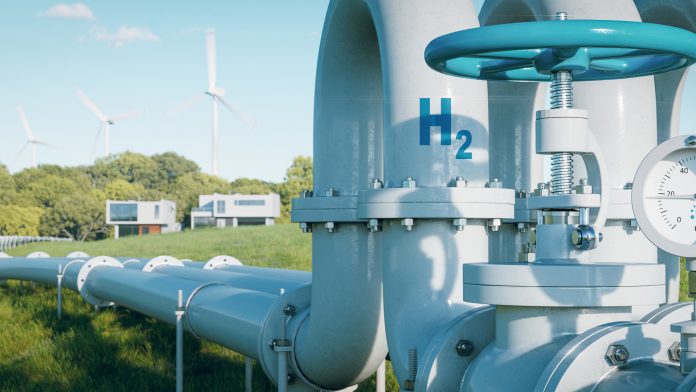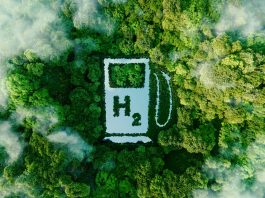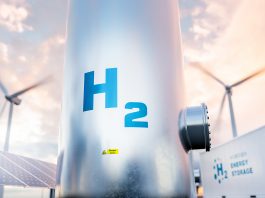The European Commission has approved a second Important Project of Common European Interest (IPCEI) to support research, innovation and construction of infrastructure in the hydrogen value chain.
The project, titled ‘IPCEI Hy2Use’, has been prepared and supported by thirteen European Union members, including Belgium, Finland, France and Spain.
The thirteen Member States have provided €5.2bn in funding, which is expected to unlock a further €7bn from private investors. 29 private companies across the Member States are expected to take part in 35 different projects across the hydrogen value chain.
The Member States are expected to closely cooperate with each other through numerous planned collaborations, as well as over 160 external partners across Europe.
The IPCEI Hy2Use project
The project covers and supports a wide range of areas within the hydrogen value chain, including: the construction of hydrogen-related infrastructure, such as large-scale electrolysers and transport infrastructure, for the production, storage and transport of renewable and low-carbon hydrogen; and the development of more sustainable technologies for the integration of hydrogen into the industrial process of multiple sectors.
The project is expected to have a number of benefits for the hydrogen value chain, such as boosting the supply of renewable, low-carbon hydrogen and reducing the continent’s dependency on the supply of natural gas.
Ursula von der Leyen, President of the European Commission, said: “Hydrogen can be a game changer for Europe. It is key in diversifying our energy sources and helping us reduce our dependency on Russian gas. We need to bring this niche market to scale. That is why we are creating a Hydrogen Bank.
“We will also increase our financial participation in Important Projects of Common European Interest. This will help enable breakthrough innovation and positive spill overs for all of the EU economy and help power the economy of the future.”
The Commission expects that different projects will be carried out over several years, with large-scale electrolysers expected to be operational between 2024 and 2026 and many of the innovative technologies deployed by 2027. IPCEI Hy2Use is expected to be fully completed by 2036.
The project is the second IPCEI on the hydrogen value chain, following and complementing the first project known as ‘Hy2Tech’. Both projects assess the hydrogen value chain, but Hy2Use focuses on the projects not covered by Hy2Tech, such as hydrogen-related infrastructure and hydrogen applications in the industrial sector.
The European Commission’s assessment of the project
The Commission assessed the project under EU state rules, enabling Member States to overcome market failures faced by private companies, while also ensuring that the EU economy benefits from the investments by limiting potential distortions to competition.
Margrethe Vestager, Executive Vice-President of the Commission, said: “The hydrogen value chain in Europe is in its infancy. This makes it risky for companies and Member States to invest alone in such an innovative market. That is where State aid has a role to play to unlock, crowd-in and leverage substantial private investments that would otherwise not materialise.”
The Commission concluded that the project is in line with EU State aid rules, highlighting how it contributes to a common objective by supporting key strategies within the hydrogen value chain.









